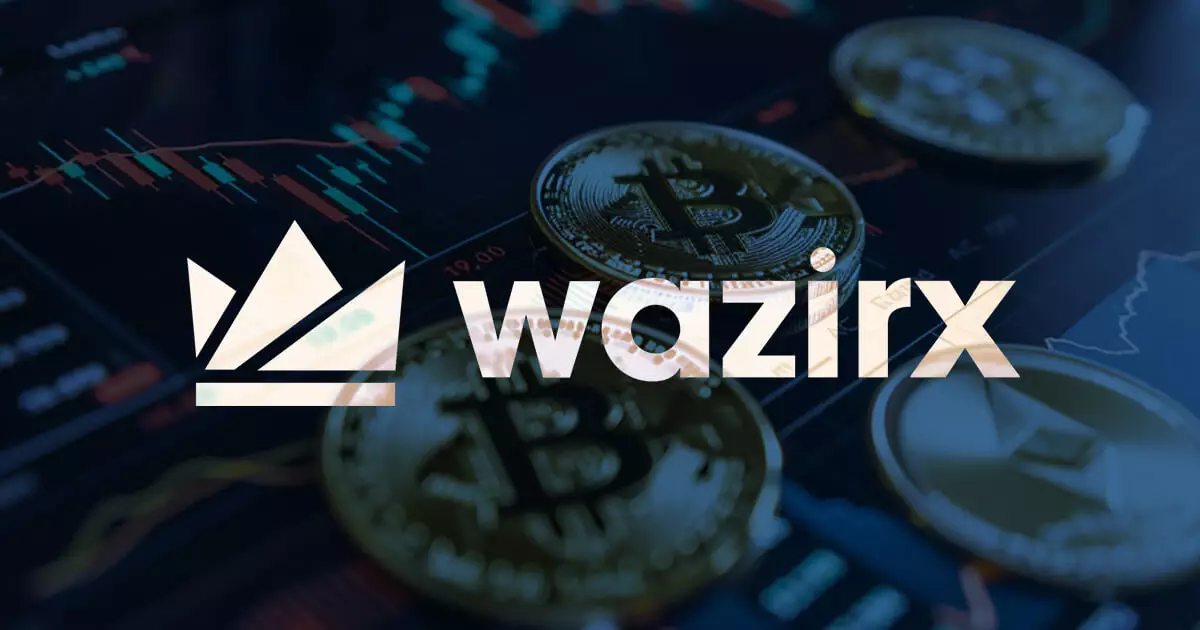In the wake of a significant security breach that shook the cryptocurrency landscape, WazirX has set forth plans to launch a decentralized exchange (DEX) as part of its ongoing efforts to bolster user security and rebuild trust. This decision comes after hackers exploited vulnerabilities within the platform, resulting in a staggering loss of $235 million in July 2024. The fallout from this incident has fueled growing apprehensions about centralized exchanges and illuminated the need for alternatives that place control back into the hands of users.
The breach attributed to the infamous Lazarus Group exploited a flaw in WazirX’s multi-signature wallet, which led to the unauthorized transfer of significant funds. The attackers utilized Tornado Cash, a privacy tool designed to obscure transaction histories, complicating recovery efforts and aiding in the evasion of regulatory scrutiny. This incident not only impacted the financial security of hundreds of thousands of users but also marked one of the largest hacks in the history of Indian cryptocurrency exchanges, raising urgent questions regarding the viability of centralized platforms.
In the immediate aftermath, WazirX implemented an emergency recovery plan that froze 45% of users’ account balances, converting a portion into USDT while restricting their ability to trade. This decision sparked outrage within the crypto community, as many users accused the exchange of socializing their losses and mishandling the crisis, which was perceived as a deflection of responsibility. The discontent highlighted a deteriorating trust in centralized exchanges, and users began to seek alternative avenues that would better protect their assets.
Amidst the chaos and public outcry, WazirX co-founder Nischal Shetty announced plans for a DEX designed to empower users with full control over their assets. Unlike the centralized model that led to the recent breach, the DEX aims to eliminate counter-party risks, creating a more secure trading environment. During this announcement, Shetty emphasized the importance of decentralization, stating that it would allow users to retain complete ownership of their funds.
The upcoming DEX will not only operate alongside the existing centralized platform but will also introduce a proprietary token to facilitate transactions and promote community governance. This approach not only aims to reinforce user confidence but also aligns with an emerging trend within the cryptocurrency sector towards decentralized finance (DeFi). Scheduled for rollout in early 2025, the DEX will employ a phased onboarding strategy to ensure user familiarity and adaptation.
Challenges Ahead: Navigating Recovery and Reputation
The journey towards reestablishing WazirX’s credibility will not be easy. The exchange encountered additional difficulties as it collaborated with its former custody partner, Liminal, amidst a public dispute regarding accountability for the breach. Both entities exchanged accusations, with WazirX claiming that Liminal’s security standards fell short, while Liminal pointed fingers at the exchange’s own management practices.
This unresolved conflict has left countless customers in a state of uncertainty, echoing the broader sentiment of vulnerability associated with centralized exchanges. Users are understandably anxious about the prospects of retrieving lost funds and restoring their confidence in the platform.
In a bid to mitigate the backlash, WazirX took steps to reverse the initial recovery plan by restoring all account balances to their pre-hack figures and nullifying trades conducted after the breach. Although this decision was viewed as an effort to provide equitable compensation for affected users, the road to trust and stability remains fraught with challenges.
The Shift Towards Decentralization: An Industry-Wide Movement?
The proposal to launch a DEX reveals a pivotal shift in WazirX’s strategy, reflecting a larger industry trend where exchanges may increasingly favor decentralized models as a safeguard against security risks. Alongside WazirX, other platforms may also be urged to reassess their operational frameworks, especially as user skepticism regarding centralized exchanges grows.
The embrace of decentralization could represent not just a solution for WazirX but a blueprint for the future of cryptocurrency trading. As the industry evolves, the focus will likely shift towards more secure and user-centric models that prioritize freedom and accountability. Through such initiatives, WazirX aspires to emerge from the shadows of its recent past and redefine its role within the evolving cryptocurrency landscape.















